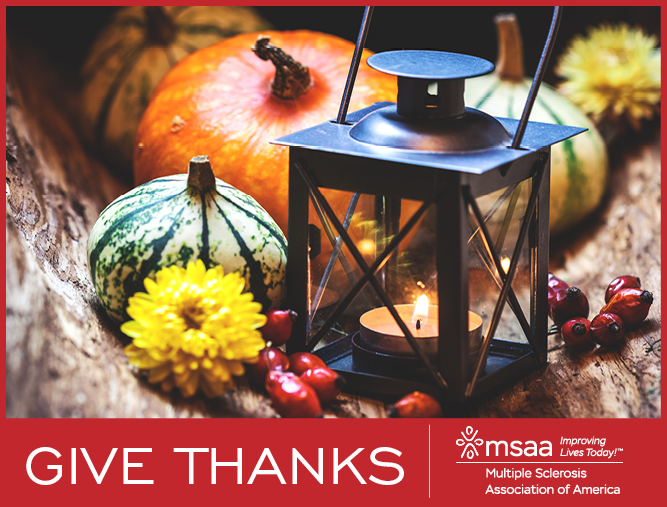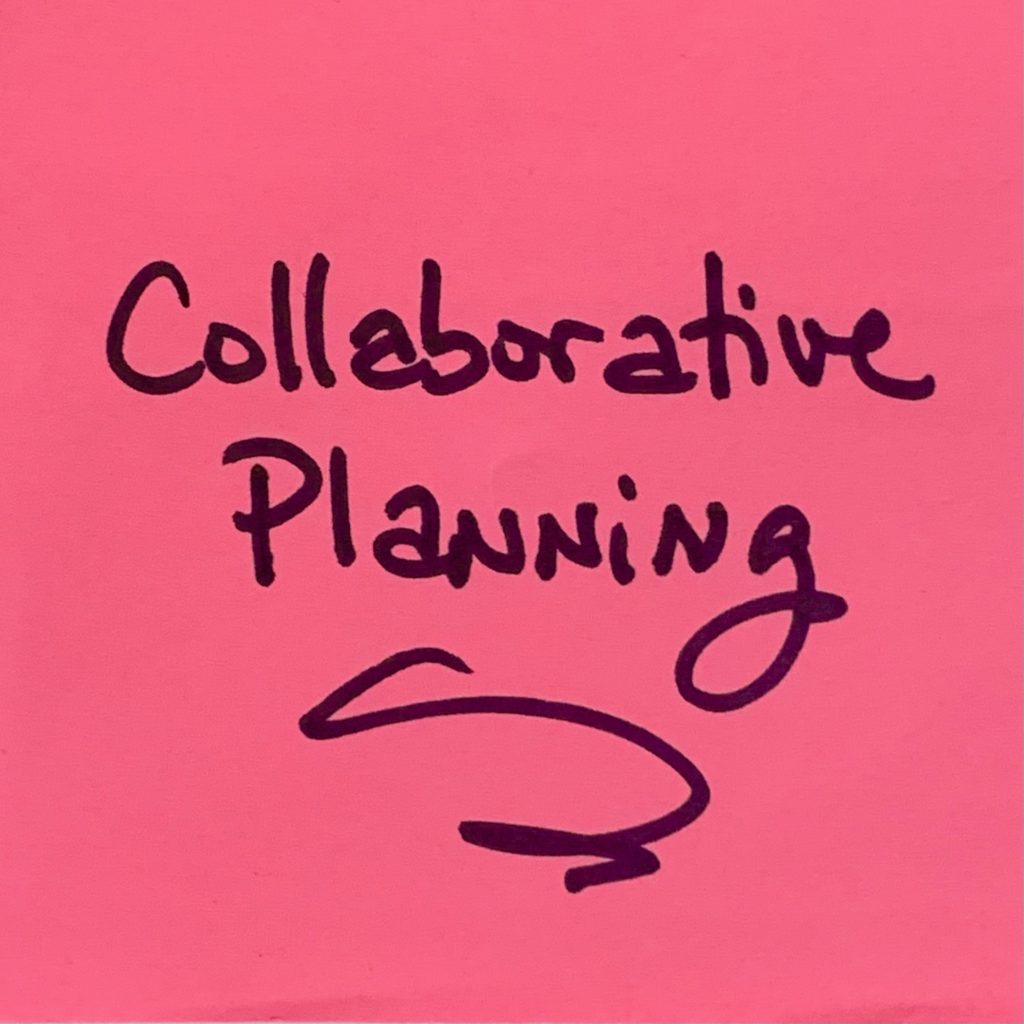 Sometimes, explaining multiple sclerosis (MS) to people who are unfamiliar with the condition is frustrating. The clinical definition does not fully capture the reality.
Sometimes, explaining multiple sclerosis (MS) to people who are unfamiliar with the condition is frustrating. The clinical definition does not fully capture the reality.
Finding Solidarity (& Humor) with the MS Community
The trend “Tell us without telling us,” or “tell me without telling me” asks people to share how they match a set of criteria or are part of a group without explicitly stating it. This trend allows people to make pointed statements that play with stereotypes, define characteristics, and share inside jokes – that includes those living with multiple sclerosis.
When we recently asked community members on the MultipleSclerosis.net Facebook page: “Tell us you have MS without saying you have MS,” the responses were amazing. This prompt struck a chord. With more than 1,000 responses, the creativity of the community certainly presented itself!
You are all too familiar with falling and tripping
Falling is a way of life with MS. Your balance and spatial awareness become compromised. You can trip over the slightest thing or nothing at all!
- “The walls keep jumping in front of me, and the floor has bumps in it.”
- “Ghost holes … watch out for them. They show up unexpectedly outside and even in your kitchen. The hole was there when I tripped then … abracadabra… it’s gone, and my new seat is on the floor.”
- “I do all my own stunts – my random gravity checks are dedicated to science, not just spasticity.”
- “Oh look … air … let’s just trip over it.”
Brain fog is the norm
Living with MS causes your brain to feel muddled. You forget words. You say the wrong word in place of what you want. Dates, tasks, names, or passwords that you have known forever suddenly vanish from your memory.
- “I’d say what I’m thinking if I knew what it was.”
- “In my head, it sounded right, but when the words came out, they were backwards.”
- “Wait, what was I answering?”
- “Would anyone care for some of my ‘Word Salad?’”
Everyday tasks are completely draining
“Exhaustion” does not begin to cover the depth of fatigue MS brings to your life. Formerly simple tasks wear you out for hours, if not the entire day. You find yourself needing lots of rest.
- “I don’t have the energy to get off the couch to go to bed.”
- “‘Good morning. Time for a shower and enjoy this beautiful day.’ Exits shower. ‘I’ll just sit down for a few.’ Cue the snoring.”
- “Some days, I’m too tired to chew my food.”
- “I put fresh sheets on the bed, and now I need a nap.”
Heat makes you miserable
With MS, you run warm. You feel hot and sweaty when others are cold. Hot weather makes the symptoms worse. Trying to keep your body temperature comfortable requires much effort.
- “The thermostat sits at 68, and I’m in shorts; the rest are bundled up.”
- “I take a shower just to get really hot and sweaty even after a cold shower.”
- “I’m hot. It’s hot in here. It isn’t? Oh well, I’m hot!”
- “Cancel our plans. The temperature is over 73 degrees.”
The MS hug is real
Most people living with MS are familiar with the MS hug. It feels like a tight squeeze around your chest. It comes on out of nowhere and is extremely painful.
- “Want a hug? No? Me neither, but I got one today anyway.”
- “Feels as if someone is lifting me off the ground and squeezing my middle chest section.”
- “I feel like I’m being ‘hugged’ by a boa constrictor.”
- “There’s this hug I would gladly do without.”
You spend lots of time in the bathroom
The regular need for the toilet is part of your life with MS. You experience incontinence. Leaving home requires forethought and planning around your bathroom needs.
- “I pee myself daily.”
- “I can tell you where all the nearest restrooms are within seconds of entering a building.”
- “Excuse me, I need to go to the bathro …Oops. Nevermind. I’m just going to go change.”
- “Where is the bathroom?”
Your calendar is filled with MRI appointments
Living with MS means frequent MRIs to monitor lesions. Comfortable or uncomfortable, the tube becomes familiar. Your image results look dramatic.
- “My brain lights up like a Christmas tree on an MRI.”
- “Looking at my MRI images is like looking out of a plane window when flying over a city at night.”
- “So, I had an MRI last week …”
Thank you!
While all of this is a comical and light approach to what life with multiple sclerosis can entail, we know there is so much more. We’d like to thank those with MS for sharing wonderful insights into life with a chronic condition. We appreciate the honesty and such willingness to share.







